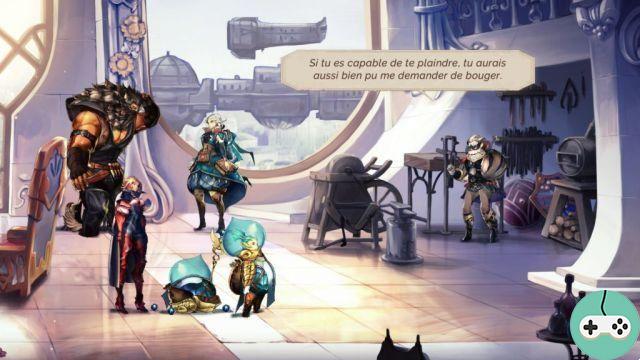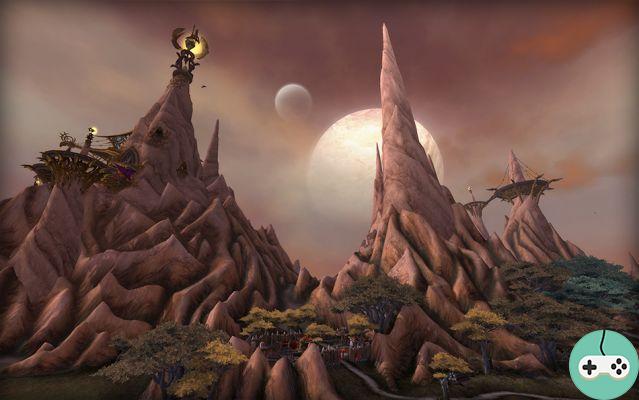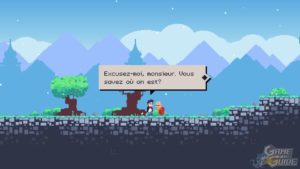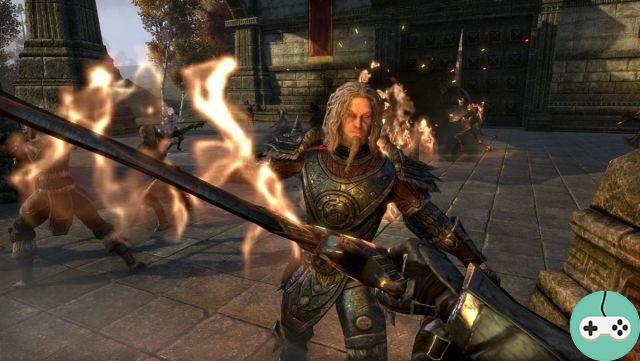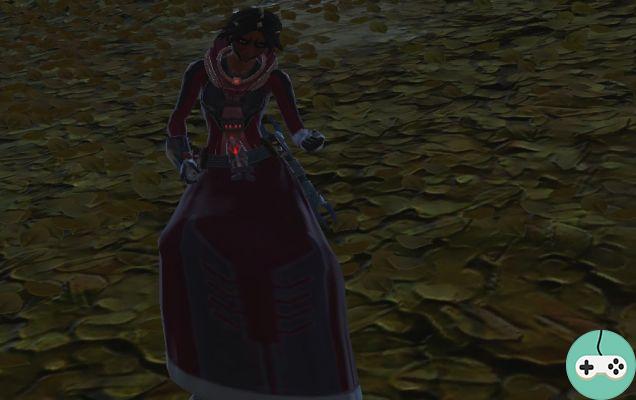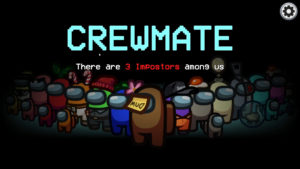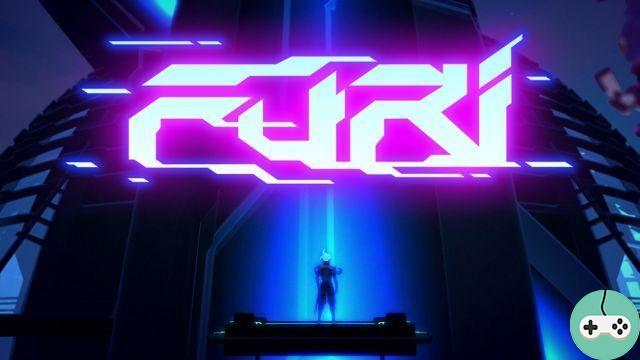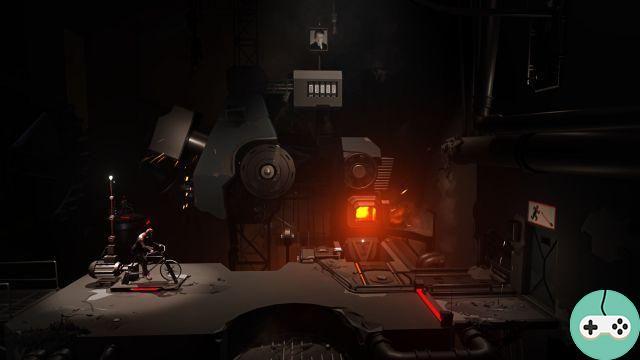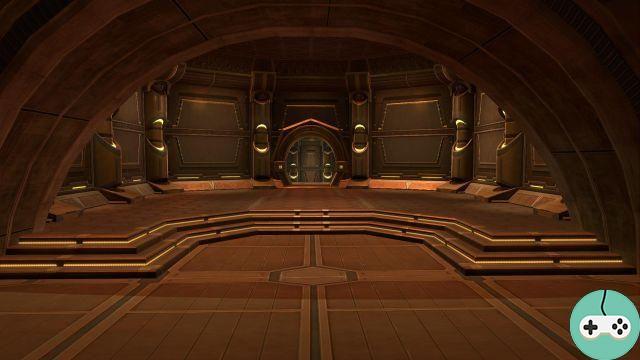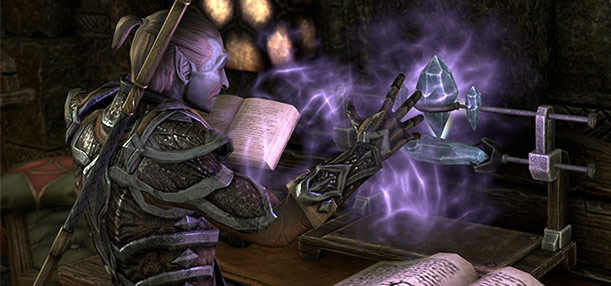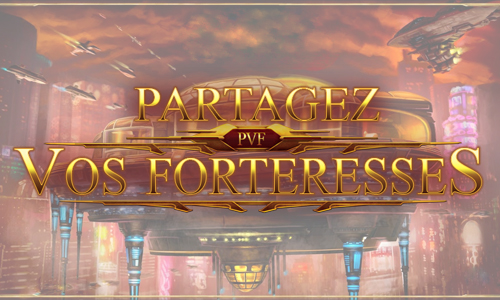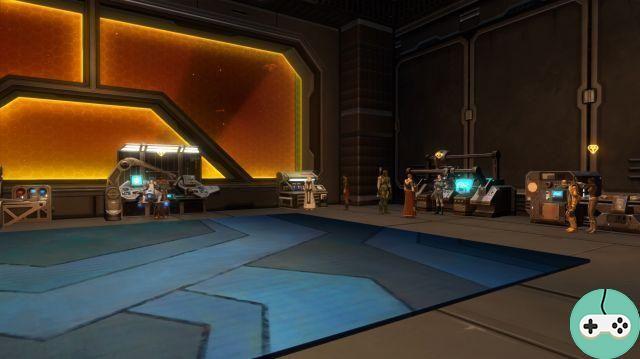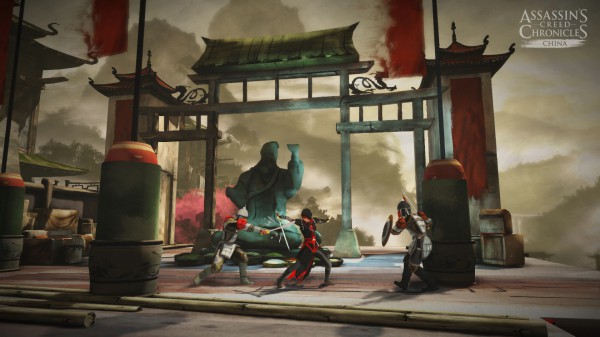For many years, it was difficult for me to grow a tree. It's not a question of having a green thumb or not, it's just that I didn't want to. It takes time, it dirties the hands and worst of all: impossible to climb inside for decades without shrivelling them completely. As a result, I fell back on the creation and maintenance of video game worlds. Minecraft, Terraria, Stardew Valley, Welcome to Portia have thus become some of the areas in which I have used almost divine powers to model these worlds in my image: completely stupid. The art world will thus remember the famous "Super Saiyajin Afro Waterfall Who Drooles On Order" or the "Winnie the Pooh Who Asks for a Spanking", two of the most famous works for all audiences of my creation.
So when a world-building game uses a gigantic world tree as a scenario base, I can only be in favor.
This is how we find ourselves today with the review of Grow: Song of the Evertree.
Guided tour...
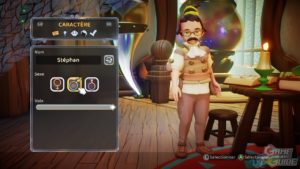

In Grow: Song of the Evertree, the player embodies a young Alchemist, a human capable of resonating with the "Song" and cultivating new worlds. Its goal ? Bringing life back to a universe in agony under the influence of mysterious "Evil" which destroys everything in its path until it seriously reaches the Eternal Tree, lung and heart of the universe.
Your goal will then be to sow seeds in one of the seeders of the tree to grow a world there, cultivate this world to harvest resources and purify it in order to harvest Myora ("Currency" of the game) which will be used to build cities and manage the life of future inhabitants in order to unlock new areas of the tree domain. I'm not going here to back up the little story any further, it would only confuse it by suddenly introducing the Eternals, the mystical creatures, the artefacts, the essences, just like the concepts of perfect worlds, strange worlds, biomes, and liberation of worlds...


So let's make it easy by explaining the gameplay. Or rather the gameplays, since the game revolves around 3 major axes: the construction of cities à la Tropico and the creation and maintenance of worlds à la Stardew Valley. The first axis of gameplay necessarily requiring the second to flourish. The third axis being exploration in the open world with some puzzles could not be more standard, I will not dwell too much on it.
The game takes place in the 3rd person in a highly unexplorable sandbox world during your debut, since you will have to push back the Evil to have access to more pieces of the map and to discover new secrets.
To do this, you must allow one of the unlocked cities to reach 100% harmony. But before reaching this threshold, it will be necessary to build and develop the land by clearing and then building houses, shops and services. It will also take care of the needs of the inhabitants, their requests and their happiness (in a very basic way). Only then will new areas and cities be opened up through the retreat of Evil until its entirety is uncovered and the story of the Eternal Tree fully revealed.


The construction gameplay is triggered as soon as the down key is pressed while being in the desired city. The game then switches to top view to place, manage and customize its buildings more efficiently. The transition from 3rd person mode to the camera is done in real time, however, the reverse transition will require a very short load on SSD if modifications have been made in the city. On a classic hard drive, this time will be a little longer.
The essential options are there, although an option to sort by certain criteria would have been most insightful as the interface can be a bit messy at times.
The exploration phase in the free world also has some flaws such as the absence of a mini map and/or a compass to be able to navigate. Because if during the day you can call your flying creature as a quick trip, at night it sleeps and you find yourself without a way to find your way around outside nocturnal visual elements with no real distinctions between them. And since time flies like in all Stardew Valley-like, not getting home at night in time means being picked up like trash and being lectured the next morning by your two tutors.
Because the most important thing in the game will be to manage your time so that you can also take care of the worlds that you have planted in the seeders of the Eternal Tree. You will only be able to work on it when the sun is up and you will have to divide your time between each of the worlds according to your priorities in terms of the needs of the essences of the worlds. And yes, you will be forced to create and juggle several worlds simultaneously in order to produce sufficiently varied essences to progress effectively. However, you should not spread out too quickly, otherwise you will not achieve a sufficiently efficient and varied productivity to buy specific buildings useful for the development of your inhabitants. It seems complex on paper, but controller in hand, everything goes like a letter to La Poste on a day when it does its job.
In terms of gameplay, this phase does not have too many shortcomings, even if the tasks to be performed are still quite repetitive from one world to another.


On the other hand, what is full of gaps is the translation. Because between rather gritty innuendos (it's a "family" oriented game all the same and we end up with people who say that they are going to "insert a watermelon"), problems of dialogue insertions, errors of language (English instead of French at times), we say to ourselves that this aspect deserved a little more attention.
Afterwards, the game is very peaceful, not unpleasant to play despite some slight slowdowns and bugs (including a big one which blocked progress for 2 weeks but which has been corrected, delaying the completion of this test by the same amount), but as it is scatters over 3 different gameplays, it struggles in the end to excel in each of them.
In the end, Grow: Song of the Evertree is a rather nice title, but it will be hard to dethrone anyone. However, I would not say no to a new opus in 2-3 years in order to plunge back into this cute universe with pleasure.
- Xbox (version tested on Xbox Series X)
- PlayStation
- Steam
- Nintendo Switch












 I’m Mary Poppin’s Y’all !
I’m Mary Poppin’s Y’all !





